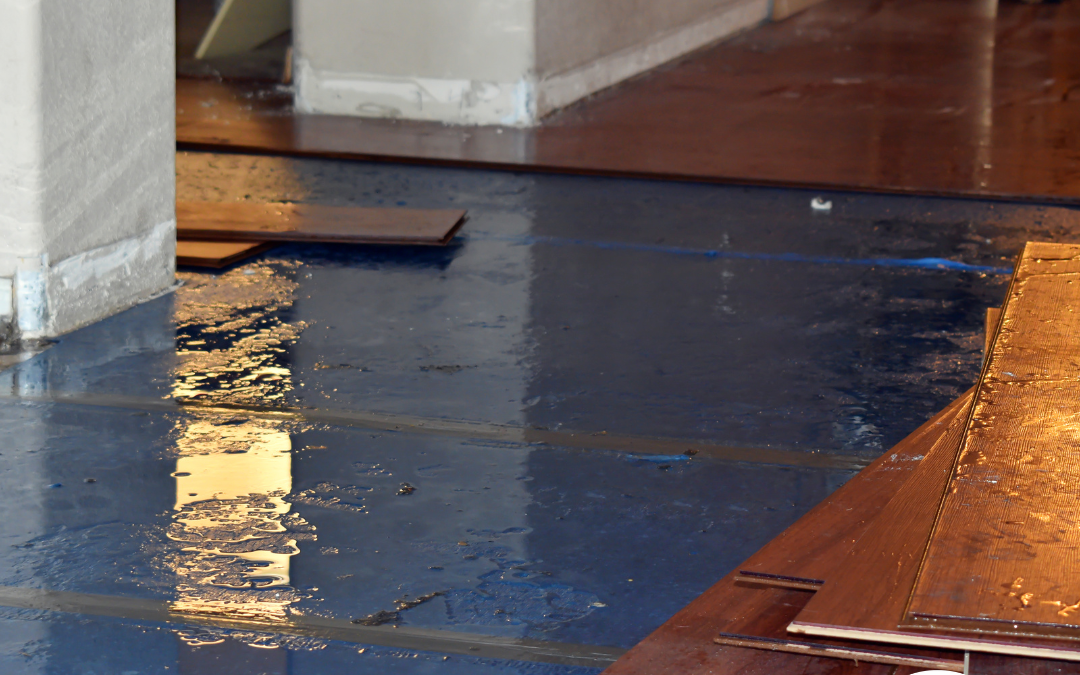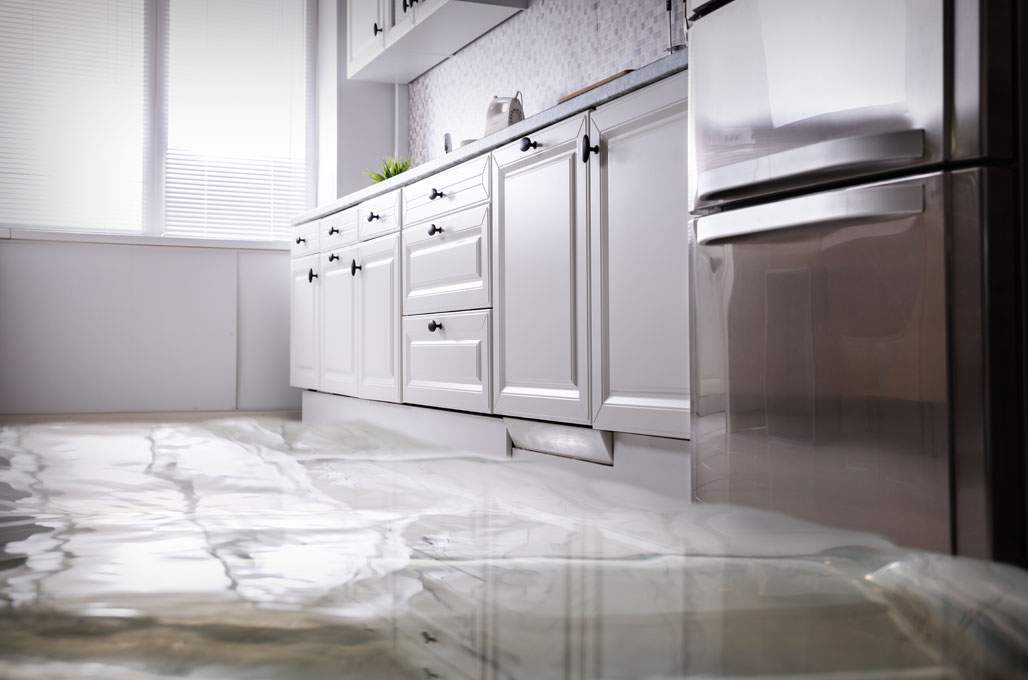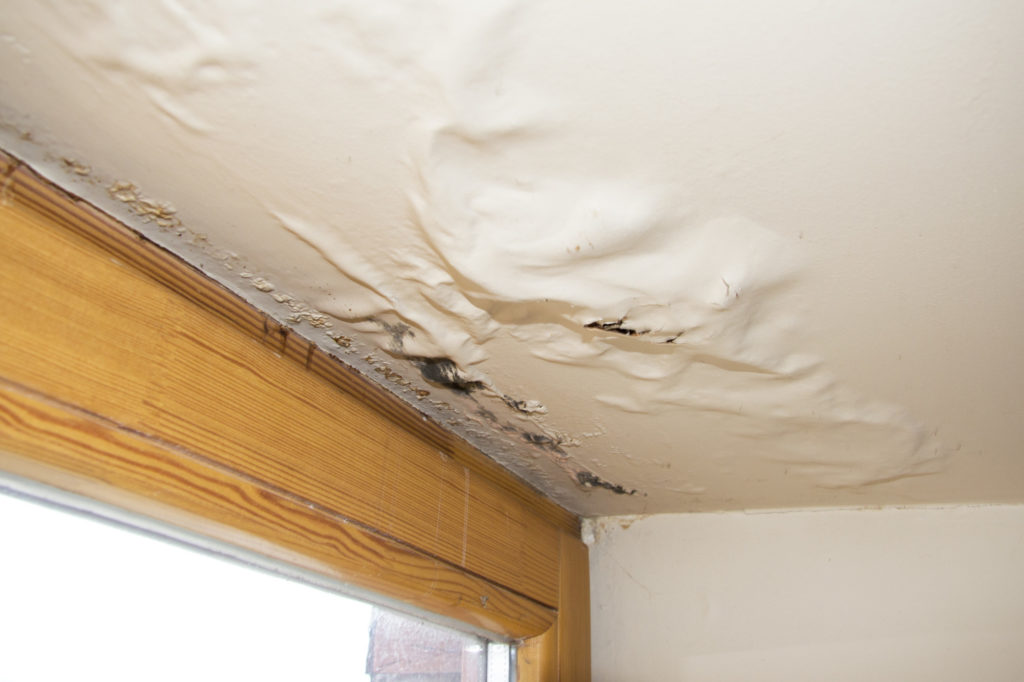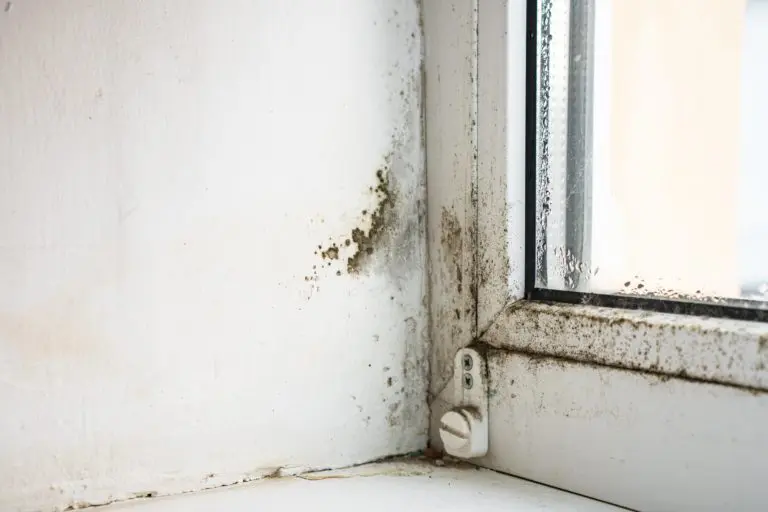In the rapidly evolving world of technology, the concept of smart waste management in apartments has become a vital aspect of sustainable living. As urban areas continue to grow, the challenge of managing waste efficiently becomes more pressing. Implementing innovative waste management solutions not only helps in reducing the environmental impact but also enhances the quality of life for apartment residents. In this article, we will delve into the importance, benefits, and methods of adopting smart waste management in apartment complexes.

Understanding the Need for Smart Waste Management
Waste management in urban areas has always been a challenging task. With the increase in population density, the traditional methods of waste disposal are proving to be inadequate. The need for smart waste management in apartments arises from the necessity to mitigate these challenges. By adopting technology-driven solutions, apartment complexes can significantly reduce their carbon footprint and contribute to a healthier environment.
Benefits of Smart Waste Management in Apartments
Environmental Impact
One of the primary benefits of implementing smart waste management is its positive impact on the environment. By reducing the amount of waste that ends up in landfills, apartment complexes can significantly decrease their environmental footprint. Smart solutions often involve recycling and composting initiatives that further enhance sustainability efforts.
Cost Efficiency
Smart waste management systems can lead to substantial cost savings for apartment complexes. Automated waste collection and disposal systems reduce the need for manual labor, and efficient recycling programs can generate revenue from recyclables. These savings can be passed on to residents, making it a financially viable solution.
Enhanced Resident Experience
Residents benefit from cleaner and more organized living environments. Automated waste disposal systems minimize odor and hygiene issues, creating a more pleasant atmosphere. Additionally, residents can participate in sustainability initiatives, fostering a sense of community and environmental responsibility.
Technologies Driving Smart Waste Management
IoT Sensors
Internet of Things (IoT) sensors play a crucial role in smart waste management solutions. These sensors can monitor waste levels in real-time, allowing for efficient collection schedules and reducing unnecessary pickups. IoT technology also aids in identifying recycling opportunities and optimizing waste separation processes.
Automated Waste Collection Systems
Automated systems streamline the waste collection process by using robotic mechanisms to transport and dispose of waste. These systems are designed to handle various types of waste efficiently, reducing the need for manual intervention and ensuring timely disposal.
Data Analytics
Data analytics is a powerful tool in smart waste management. By analyzing waste generation patterns, apartment complexes can make informed decisions about waste reduction strategies. Predictive analytics can also help in optimizing collection routes and schedules, further enhancing efficiency.
Implementing Smart Waste Management in Apartments
Initial Assessment
Before implementing smart waste management systems, conducting a thorough assessment of the current waste management practices is essential. This assessment helps in identifying areas of improvement and sets the foundation for selecting appropriate technologies.
Choosing the Right Technology
Not all technologies are suited for every apartment complex. Factors such as budget, space availability, and specific waste management challenges should be considered when selecting technologies. Engaging with experts and leveraging resources from [smart property management](https://iottechnologies.ai/smart-property-management-for-beginners/) can guide this process.
Community Engagement
Successful implementation of smart waste management requires active participation from residents. Educational programs and incentives can encourage residents to adopt sustainable practices. Creating awareness about the benefits of smart waste management can foster a culture of environmental responsibility within the community.
Challenges in Implementing Smart Waste Management
Initial Investment
One of the primary challenges is the initial investment required for setting up smart waste management systems. However, the long-term benefits often outweigh these costs. Exploring funding options and government incentives can help in mitigating these financial barriers.
Technological Integration
Integrating new technologies with existing infrastructure can pose challenges. Ensuring compatibility and smooth operation requires careful planning and execution. Collaborating with technology providers and leveraging insights from [digital transformation in property management](https://iottechnologies.ai/digital-transformation-in-property-management/) can aid in overcoming these challenges.
Resident Participation
Gaining the support and participation of residents is crucial for the success of smart waste management initiatives. Resistance to change and lack of awareness can hinder progress. Continuous education and community engagement are vital to overcoming these obstacles.
Future of Smart Waste Management in Apartments
The future of smart waste management in apartments looks promising. As technology advances, more innovative solutions will become available, making waste management more efficient and sustainable. The integration of artificial intelligence and machine learning will further enhance the capabilities of these systems.
In conclusion, smart waste management in apartments is not just a trend but a necessity for sustainable urban living. By embracing technology-driven solutions, apartment complexes can significantly reduce their environmental impact, enhance the quality of life for residents, and achieve cost savings. As more communities adopt smart waste management practices, the collective effort will contribute to a cleaner, healthier planet.

Frequently Asked Questions
What is smart waste management?
Smart waste management refers to the use of technology-driven solutions to optimize waste collection, disposal, and recycling processes. It aims to enhance efficiency, reduce environmental impact, and improve the overall waste management system.
How can smart waste management benefit apartment residents?
Smart waste management offers numerous benefits to apartment residents, including a cleaner living environment, reduced waste-related issues, and potential cost savings. It also fosters a sense of community and environmental responsibility.
What technologies are used in smart waste management?
Technologies commonly used in smart waste management include IoT sensors, automated waste collection systems, and data analytics. These technologies help in monitoring waste levels, optimizing collection schedules, and making informed decisions about waste reduction.
This article contains affiliate links. We may earn a commission at no extra cost to you.






